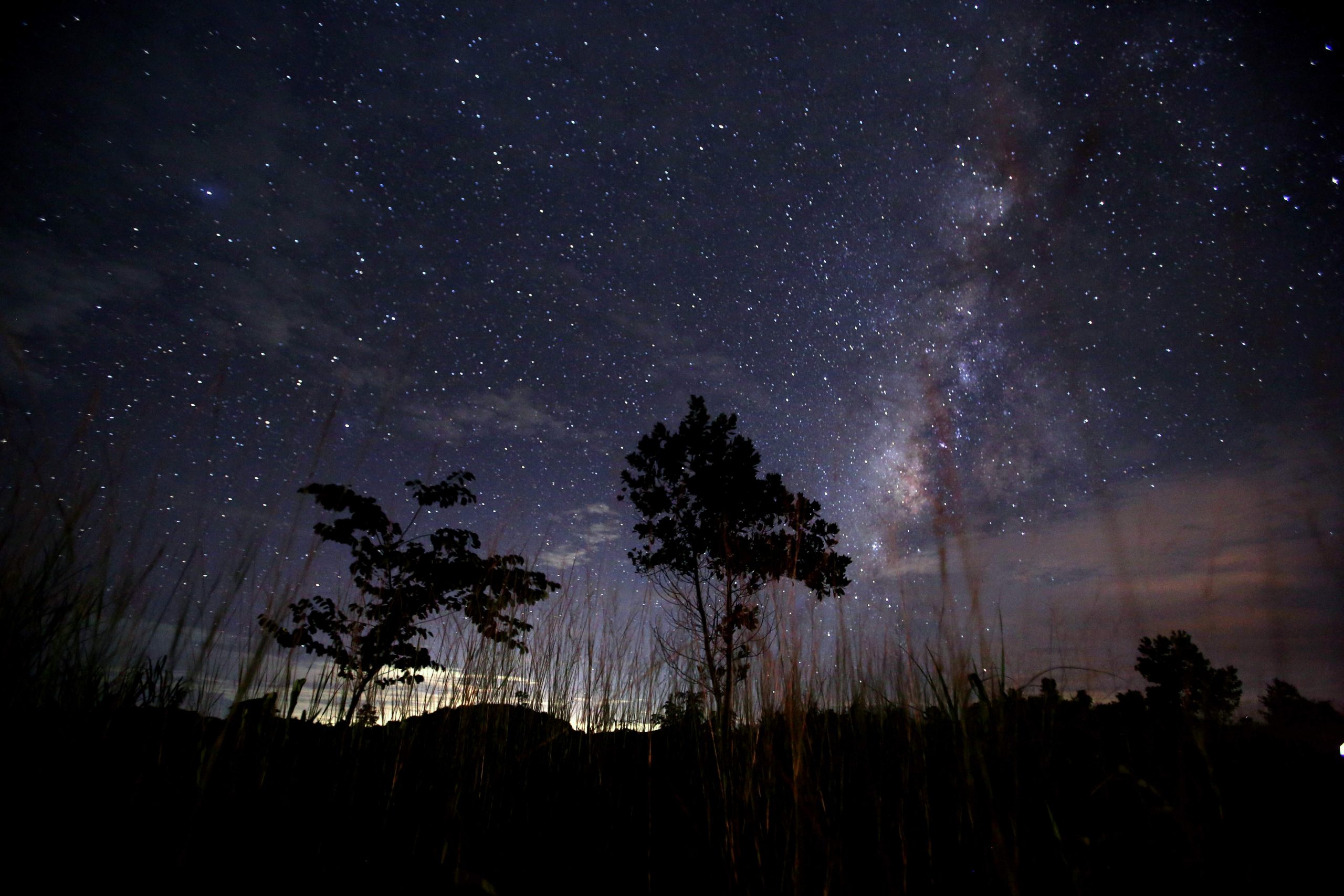
Did you know that there’s a group of people who have taken it upon themselves to curate our communications with aliens?
Our response to any alien contact needs to be considered carefully, according to the physicist Paul Davies, who chairs the post-detection response group of the SETI (search for extraterrestrial intelligence) Institute in California. He has what he calls “an awesome responsibility”.
Listening out for aliens is the longest of long shots. We can search for signs of intelligent life out there only in a narrow range of all the possible signals they might send. And “out there” is vast – we can scan only a tiny fraction of the sky.
What’s more, the timing is crucial. Aliens would have to develop technological capabilities at roughly the same time as us, possibly within a few tens of thousands of years. That’s because technological civilisations often implode and thus have a limited lifespan. So, it is ironic that seeking alien contact could well be the very thing that triggers our own implosion.
If ET calls, the SETI Institute, the only organisation looking for signs of alien civilisations at the moment, isn’t planning on keeping it secret. What SETI’s people won’t tell you, though, is where ET is calling from. Why? Because they are worried that some lunatic will seize control of a radio telescope and start broadcasting messages on behalf of humanity.
One concern is that the aliens might like the sound of our planet and come here to take over. As Davies puts it: “Not only the fate of the earth, but the fate of the entire galaxy may rest in my hands.” The trouble is, it doesn’t take a lunatic to send a signal. Some experts think we should deliberately broadcast our existence because it might accelerate first contact. After all, they say, nice aliens from an advanced civilisation might send us information about how to build a fusion reactor to generate free energy.
But even the benign scenarios about alien signals could be disruptive, in Davies’s view. Knowledge from an advanced civilisation would “change the economic and technological balance of the planet”, he says. And that’s what makes the latest development in alien-hunting so interesting. The Russian billionaire Yuri Milner has pledged $100bn to buy the SETI Institute astronomers search time on some of the most powerful radio telescopes in the United States. Thanks to his largesse, the search for alien signals will be able to take as much data in a day as they currently take in a year.
The Chinese may consider that a reason to accelerate their own programme. China is close to finishing construction of the world’s largest radio telescope, which is due to start operating in 2016, and has SETI as one of its goals.
If the Chinese astronomers see an alien signal, what will happen? No one knows. There is little reason to believe that they and their government funders will follow SETI Institute protocols. After all, the post-detection task group is hardly representative of humanity: it’s a self-appointed, all-white, all-western group of elite writers, philosophers and scientists.
Raising the spectre of intergalactic invasion, or terrestrial war over potential access to alien technology, makes the once-jolly search for ET seem rather dangerous. Milner doesn’t expect to find alien signals: he wants the hunt to make us reflect on the vastness of the universe and its potential. But sadly, it seems to do a better job of highlighting the small-mindedness of human preoccupations.






